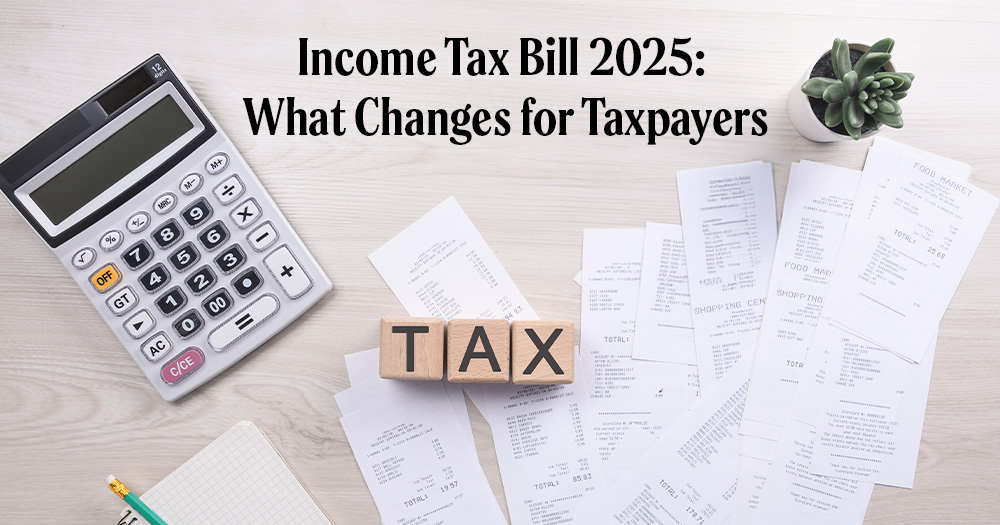1 Finance Blog
Discover financial wisdom on our blog for expert insights on personal finance, investing, and money management.

5 min read
Benefit of opting for the Old Tax Regime
When it comes to personal tax planning, taxpayers are often in a dilemma to decide whether…

3 min read
Protecting Consumer Rights in P2P Lending: A Guide to Filing Complaints in India
Peer-to-peer (P2P) lending has emerged as a popular alternative to traditional banking in India, offering borrowers…

5 min read
How to plan your finances before marriage
Planning to get married? Don't forget to plan your finances first.

3 min read
Understanding the Different Types of NPS: Simplifying Your Retirement Planning
The National Pension System (NPS) is one of the most popular retirement savings options in India.…

Why 1 Finance Is More Than Just a Fintech Company
At the outset, as you begin your journey with us, we want to share our biggest…

3 min read
Exploring DeFi: Decentralized Finance
Exploring DeFi, the Financial Landscape with Decentralized Finance and Cryptocurrencies with its features and data.

3 min read
Safe Deposit Locker in Thane: Get a Locker Without an FD or Investment
When you approach a bank to obtain a locker, many banks require you to open a…

5 min read
Building Blocks to Financial Well-being
Discover the essentials of financial well-being and gain practical insights to navigate personal finance in India…

3 min read
The Income Tax Bill 2025: A New Era of Taxation in India
In a significant move aimed at refining the tax framework, Finance Minister Nirmala Sitharaman tabled the…

3 min read
Should Fixed Deposits Be a Part of Your Financial Plan?
Fixed deposits, or FDs, have been a mainstay of the Indian financial landscape for a very…

5 min read
Important Terminologies Related to Income from House Property: Here’s What You Need to Know
Owning your dream house is not about just a place to call home but it also…

4 min read
The Emotional Essence of Home: To Own or To Rent? | Temperament by 1 Finance
Imagine a world where every major decision is not just a calculation but a journey through…


Discover your MoneySign®
Identify the personality traits and behavioural patterns that shape your financial choices.


